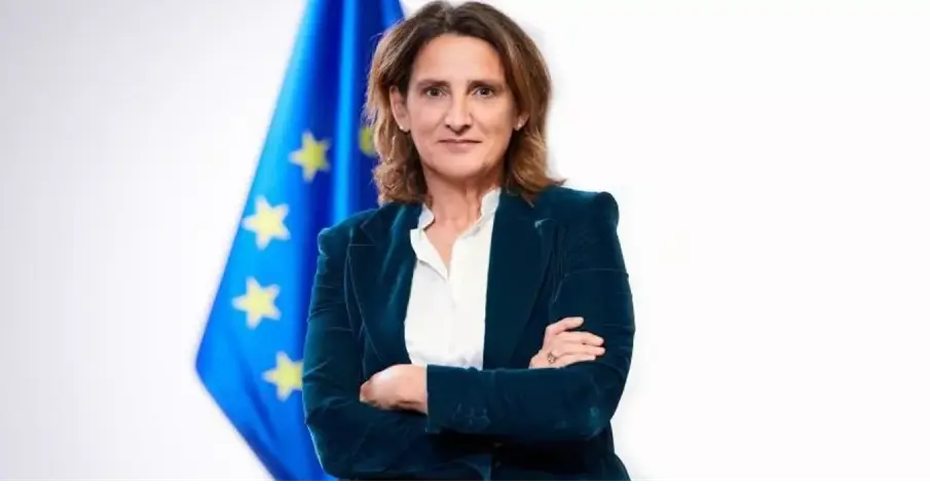
The Danish scheme
Denmark notified the Commission of its plans to introduce a scheme, with an estimated budget of around €1.7 billion (DKK 13 billion), to support the production of upgraded biogas and e-methane to be injected into the Danish grid. The measure is expected to support the production of 7.9 petajoules of renewable gases per year.
The scheme will support the construction of new plants, as well as the extension of existing plants. The biogas plants must comply with the sustainability and greenhouse gases (GHG) emissions saving criteria set out in the Renewable Energy Directive, while the e-methane plants must prove compliance with the criteria for the production of renewable fuels of non-biological origin (RFNBOs) set out in the delegated acts on renewable hydrogen.
Under the scheme, the aid will take the form of a price premium per gigajoule of renewable gas produced, paid on top of the market price for natural gas, over a 20-year period. The aid will be awarded through a competitive bidding process where beneficiaries will bid on the price premium needed to carry out their project. Denmark plans to conduct five bidding rounds from 2024 until 2030. The plants must be connected to the grid within three years after the granting of the aid.
The scheme is expected to reduce GHG emissions by approximately 450,000 tonnes of CO2 annually from 2033. It will also contribute to Denmark's efforts to reduce its GHG emissions by 70% by 2030 compared to the 1990 levels and to reach carbon neutrality by 2050.
The Commission's assessment
The Commission assessed the scheme under EU State aid rules, in particular Article 107 (3)(c) of the Treaty on the Functioning of the European Union, which enables Member States to support the development of certain economic activities subject to certain conditions, and the 2022 Guidelines on State aid for climate, environmental protection and energy (CEEAG).
The Commission found that:
The scheme is necessary and appropriate to facilitate the production of upgraded biogas and e-methane in line with the EU's objectives under the European Green Deal and the REPowerEU Plan.
The aid has an incentive effect, as the beneficiaries would not carry out the investments in renewable gas plants to the same extent without the public support.
Denmark has put in place sufficient safeguards to ensure that the scheme has a limited impact on competition and trade within the EU. In particular, the beneficiaries will be selected following an open, transparent and non-discriminatory bidding process and the aid will be kept to the minimum necessary to undertake the projects.
The aid brings about positive effects that outweigh any potential distortion of competition and trade in the EU.
On this basis, the Commission approved the Danish scheme under EU State aid rules.
Background
The 2022 CEEAG provide guidance on how the Commission assesses the compatibility of environmental protection, including climate protection, and energy aid measures which are subject to the notification requirement under Article 107(3)(c) TFEU.
With the European Green Deal Communication in 2019, the Commission set an objective of net zero emissions of GHG in 2050 that is enshrined in the European Climate Law. In force since July 2021, the law also introduced the intermediate target of reducing net GHG emissions by at least 55% by 2030 compared to 1990 levels. Through the adoption of the ‘Fit for 55' legislative proposals, the EU has in place legally binding climate targets covering all key sectors in the economy.
In May 2022, the Commission published the REPowerEU plan, which sets out a series of measures to rapidly reduce EU's dependence on Russian fossil fuels by accelerating the clean energy transition. The REPowerEU plan is based on three pillars: saving energy, producing clean energy and diversifying the EU's energy supplies.
Teresa Ribera, Executive Vice-President for Clean, Just and Competitive Transition: "This €1.7 billion scheme will boost the production of renewable gas in Denmark. The measure will help Denmark meet its emission reduction targets and reduce reliance on imported fossil fuels. It will also contribute to the green transition, while limiting possible distortions of competition. "